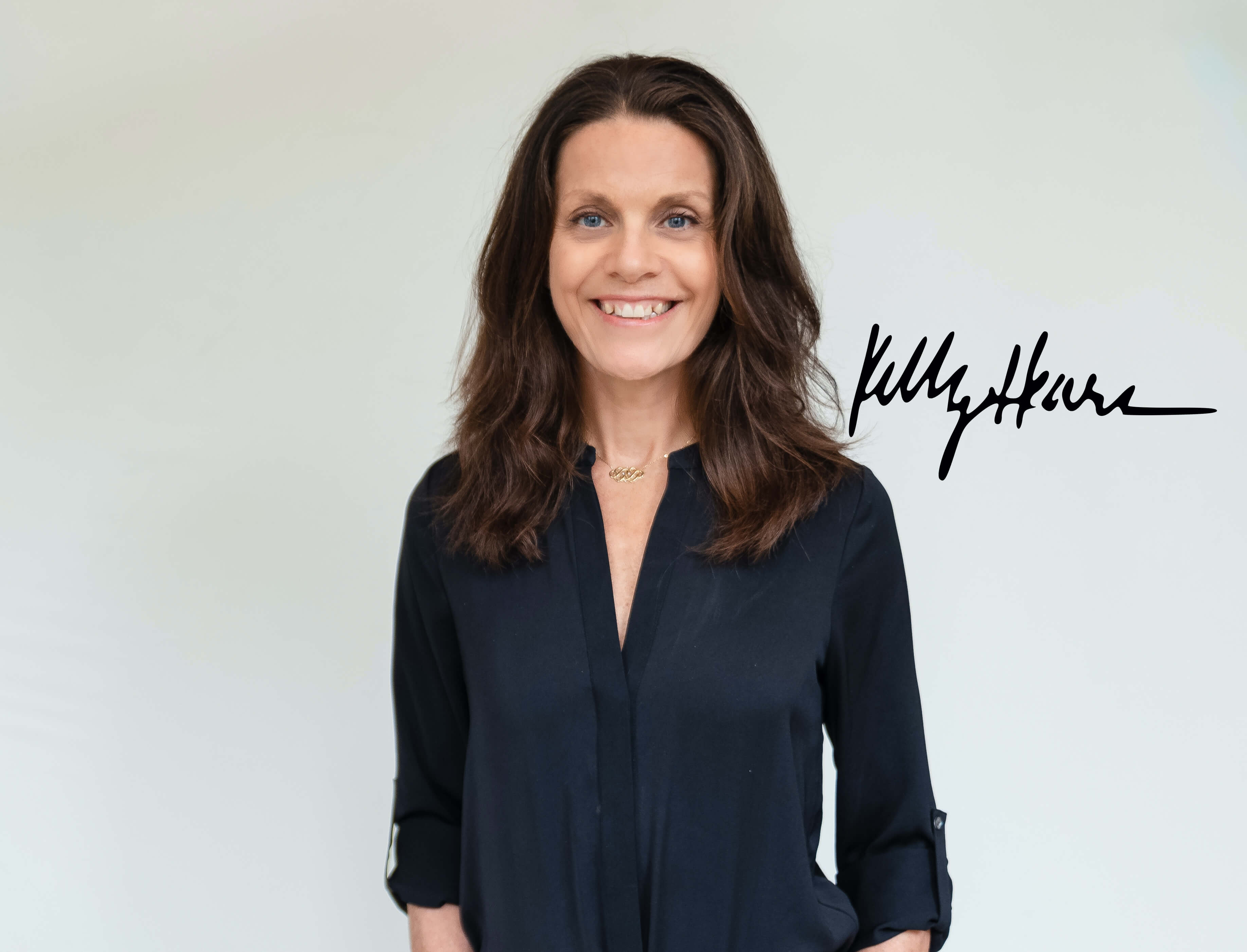Dear Therapist,
My sexual self is dead. It's been a prolonged death - my libido started waning shortly after I was married in my late 20s, and the early years of motherhood in my early 30s didn't help. We're now out of nappies and nursery school but I still don't find any interest in sex - it's hard to admit this to myself let alone my husband who, I can tell, is increasingly frustrated.
We don't openly address this - I think we're both terrified what it will mean for our marriage if we acknowledge just how bad the sexual gulf between us has become - but the subject does come up in side comments or the occasional booze-fuelled row. I'm increasingly anxious, and I can see he's increasingly unhappy.
Signed,
Sexless
Dear Sexless,
Low sexual desire is incredibly common in women, and often misunderstood. It is a complex subject, one I won't be able to do justice in the word count of this column, but let me offer some initial perspectives. You say your sexual self is dead. Maybe something about her needed to die. Perhaps the way your sexuality has been nurtured and developed over the years has been unsatisfactory, or even damaging to you as is the case for so many women. The cultural messaging females receive about sex from our earliest years is quite confusing and shaming and also still! puts male biology and interests at the forefront.
This is both an obvious statement, and one that hasn't been explored enough when it comes to the impact these psycho-social influences have on female desire. Post the sexual revolution of the 1960s and 70s, women may feel more entitled to engage in sex, but seemingly not as sure about their right to actually enjoy it. Is it any wonder female libido withdraws in protest?
Most of us stumble our way into our sexuality in adolescence, a time when blazing hormones meet lacklustre sex education. Very little attention is given to building self-knowledge What do I want? What do I like? How do I feel? or prioritising pleasure. We carry on in this vein. We're longing to be in communion with one another but haven't defined for ourselves the ways and means for actually doing this in a way that feels good, healthy, authentic. Often this leads us to unfulfilling sex, and our motivation for it dwindles accordingly. What would it be like to birth a new, updated version of your sexual self, to reclaim sexuality on your own terms? To become sexual rather than sexualised?
You understandably worry about your relationship and your husband's frustrations but I encourage you to explore your libido for yourself first and foremost. This will undoubtedly help your relationship with your husband, but if you enter into this process feeling like you are doing it for him resentment may thwart your efforts. Only once we have unlocked our own sexual agency can we then willingly, lovingly engage in intimacy with another. This is not a 'quick fix' as it often requires untangling decades of programming. A few suggested places to start:
- Review your sexual history. What were the earliest messages you received about sex in your family of origin and at school? Revisit your sexual experiences and what you learned from them. Importantly, notice and set aside any judgement that arises about past encounters. Remind yourself you were doing the best you could with the very limited information you had at the time.
- Acknowledge and release any emotions tied up with earlier experiences, particularly anger. Therapy can be very helpful here, especially if there is sexual trauma in your history and there is for many women .
- Sort through your beliefs. Which acculturated beliefs are helpful/healthy/resonate with you, personally? Which are harmful or outdated?
- Learn to listen to and respect your body. So many of us live almost entirely in our heads, cut off from the neck down. To become sexual, we must first become sensual in the most literal sense - being present in all our physical senses. We can cultivate a deeper understanding of what brings our bodies pleasure. Physical feelings sensations also give us important information about our emotional feelings.
- Start mapping out your 'turn ons' and 'turn offs.' Perhaps a good starting place is the latter - what thoughts, behaviours or experiences might have led to waning desire in your late 20s? Follow that thread... And then: what might reawaken it?


